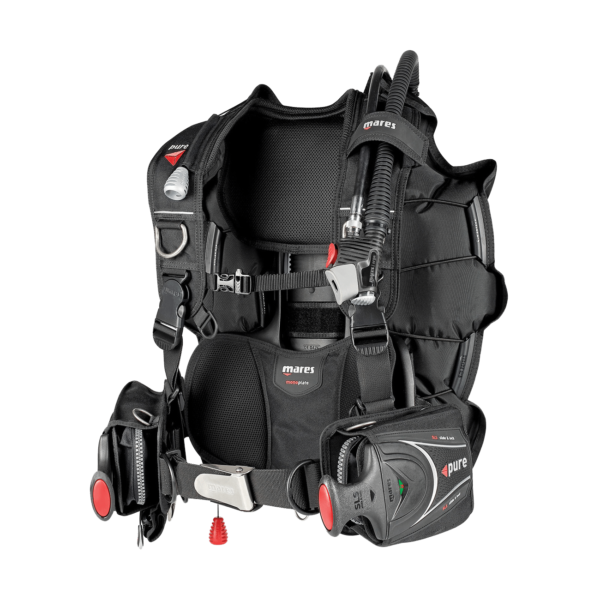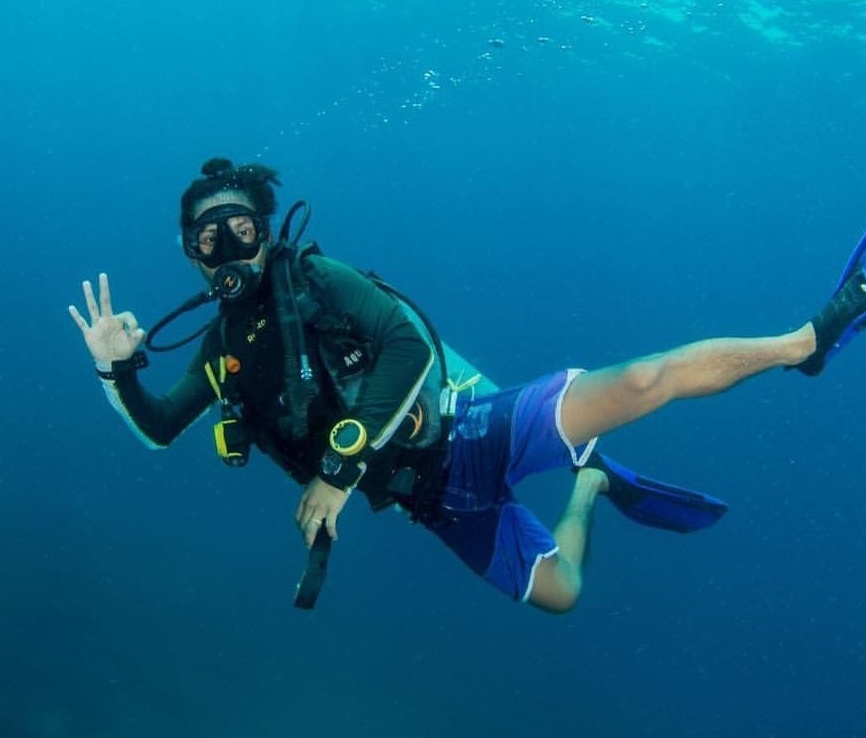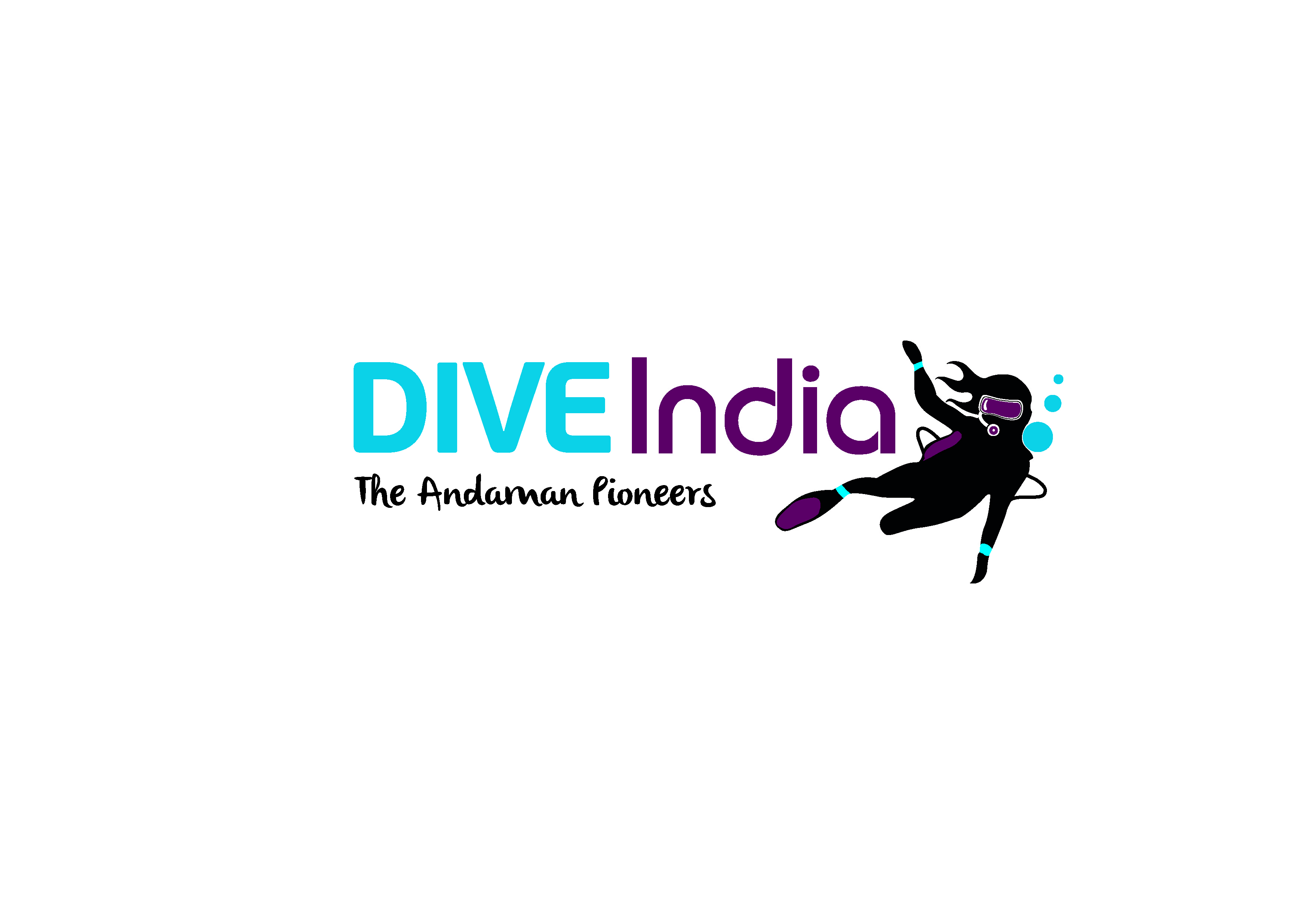
How to prioritize what scuba gear to buy?

Article by: Vinnie
One of the most common questions newly certified (or even moderately advanced) divers have is, what gear should I buy? This is fuelled in no small part by the various certifying agencies and dive centers, all of whom have a vested interest in pushing sales of gear. In fact, in a lot of places, divers are required to buy their own set of personal gear before they sign up for even their first certification course – and many places often push divers to buy a full set of dive gear before they have even gotten certified!
Now, don’t get me wrong – there are very good reasons to buy/own your dive equipment: good fit, convenient features like integrated weight pockets that are usually not present on rental kit, lighter gear for easy traveling, consistency in buoyancy and trim, familiarity with gear (which can be critical in an emergency) and also pride of ownership (let’s face it – dive gear is cool). And a lot of these benefits are not obvious until you have actually owned your own dive gear and realized how much better your dive experience is, as a result. If money wasn’t an issue, I’d suggest everyone buy a full set of gear as well.
But sadly, money is an issue for most of us. So the question becomes, how do you prioritize what to buy? As with most things in life, there are no short and easy answers which apply to everyone. But the purpose of this article is to give you the pros and cons of each piece of kit, so that you can decide for yourself.
A word of warning: the video and the attached article are unabashedly subjective and opinionated. My opinions. I have been doing this long enough that I think my opinions have a very sound basis in reality, but there certainly are other sensible ways to look at this issue which may be different. Also, this article is geared towards the typical tropical/vacation diver and also does not take into account any unique needs or specific requirements people may have.
MASK
Masks are the most commonly recommended item for people and with good reason. An ill-fitting or easily-fogging rental mask can reduce the enjoyment of your dive. As masks are fairly inexpensive and easy to carry, there is no real reason to not get a mask. That said, the downsides of not having your own mask are fairly low as well – fogging is relatively easy to fix, and most people generally are able to find a mask that fits their face fairly easily. However, for those of you with prescription glasses who do not want to wear contacts, a prescription mask becomes a near-essential piece of kit.
Recommended for: Everyone
Essential for: People who struggle to get a good fit with regular mask, people who need a prescription fit
SNORKEL
Snorkels are great for snorkelling. Or if you are doing long surf entries. They are absolutely a menace around dive boats – having your face in the water, unable to see or hear anything, is not really a good idea around a boat that may be pitching in the water. 29 years of diving, 6000+ dives later, I have yet to have a single dive where I have gone “gee, I sure wish I had a snorkel with me”. But your mileage may vary – if you feel uncomfortable on the surface with your head upright, then yes, a snorkel does make it easier to breathe, especially in choppy seas.
Recommended for: Those whose special dive conditions require a snorkel
Essential for: Snorkelers
THERMAL PROTECTION
Most tropical water dive centers issue 3mm shorties to divers. These are great for a moderate amount of warmth and some protection from stinging objects. If you tend to get cold easily, you will need a 3mm wetsuit – and it is nice to have your own, to ensure you get a good fit. Other pieces of kit that are nice to have are a full sleeved rashguard (sun protection, protection from small stingers in the water) or neoprene vests/jackets like the Mares Ultraskin / Sharkskin. There are various bits of kit you can buy, which can let you dial in the perfect combination to cover your diving situations – eg, I own a 1mm lycra fullsuit, a 3mm neoprene wetsuit, a full sleeves fleece+neoprene jacket, a hooded vest and a separate hood (and this ignores my older cold water gear – a drysuit, 7mm suit, etc). To get the most of this, it is better to gain some experience and understand how prone you are to getting cold, what sort of conditions you will be diving in, etc and then make a purchase decision, however.
Recommended for: Everyone, as they gain some experience and start to understand their own requirements
Essential for: People diving regularly in colder water
FINS
Making people aware of the importance of fins has become a bit of a personal crusade of mine. People obsess and agonize over what regulator to buy, for example, when you can pretty much pick any regulator in the market and get more-than-adequate performance. But pick the wrong fins and you have ruined your dive. Wrong fins make it harder to swim in challenging conditions (read: stronger currents) and can also ruin your trim by making your legs go up/down too much.
Recommended for: Everyone
Essential for: Those who struggle with currents or trim
BCD
Diving with the same BCD helps you dial in your trim more consistently, manipulating all the buttons and clips becomes a part of your muscle memory and you can customize your setup (storage of things like cutting tool, octopus, lift bag and reel) to be consistent every time. And most importantly, you know where the emergency dump valves are located and how much modulation they (and the inflator) need. The reason not to buy? These are all mainly matters of comfort and convenience. But don’t under-estimate the value of comfort and convenience: this is one of those products where you will not really miss having your own, higher-end BCD until you actually own one – but once you own your own, you will not want to go back to a rental.
Recommended for: Everyone, budget allowing; underwater photographers, wreck divers, people who dive enough to justify the savings in gear rental
Essential for: Cold water divers
REGULATOR
It is somewhat ironic that the most essential item in scuba, in terms of being safety-critical, is also the most reliable and relatively undifferentiated. Yes, manufacturers all tout superior materials, better breathing rates, etc. etc. but in real world conditions, there is very little difference between regulators that you would notice without doing an A/B comparison. That said, for experienced divers, it is good to own your own reg so you can customize hose routing, gauges, etc as per your requirements. Also, if saving weight is important for you, then having a travel-specific regulator can save you 500-1000gm over a normal regulator. Lastly, having your own regulator means that you know its service history and it is less likely to have minor leaks and issues than a rental regulator.
Recommended for: Those who value low weight, who want the peace of mind of knowing their regulator’s service history or experienced divers who like consistency in all aspects of their gear setup, people who dive enough to justify the savings in gear rental
Essential for: Tech or cold water divers
COMPUTER
To me, a computer should be mandatory for diving. When you have your own dive computer, you have all the information that you need to dive safely, and also to handle any emergency that may come up: depth, time, no-deco info (or deco info), ascent rate and with high-end computers, compass/heading and air time remaining. Relying on a dive guide’s computer or sharing a computer between buddies – both common practices – is a little better but over the course of a dive holiday, small variations in dive profile can add up to a significant difference. Not to mention what happens if you are separated from your buddy: that is a stressful event and being without a computer at that time only makes things worse. Quite simply, as a diver, you are in charge of your own safety – and you cannot do that without a dive computer (don’t even mention tables). Yes, you can rent dive computers on trips – but it is preferable to have your own computer, where you understand what the displays mean, how to adjust the settings, etc. Dive computers are fairly cheap, starting at a little over Rs 20k for a computer – there is no real reason not to own one.
Recommended for: Everyone
Essential for: Everyone
ACCESSORIES
There are plenty of useful accessories divers can own – SMBs, whistle, reels, a small cutting tool, a small dive light, reef hooks and pointer sticks. Of these, I would say SMB/whistle are essential if you are boat diving; cutting tools are handy if there is a risk of entanglement, reef hooks for hooking in during currents (if allowed by the dive center – this is a debatable practice, which is a separate discussion), etc. A lot of these can also be rented as needed, so there is no great impetus to own these other than the convenience of always having them with you in case of an unexpected need.
Recommended for: As needed
Essential for: n/a
SUMMARY
So – what do you actually need? Personally, I would suggest starting with the following 2 items as your initial purchase: mask and computer. These have the biggest and most immediate impact on comfort and safety. Then, once you have gotten some experience, add a pair of suitable fins (based on having tried out various options) and appropriate thermal protection (rashguard, jacket, vest or full suit) – both of these are probably just as important, if not more, for comfort than a mask but you need some experience in order to make the right purchase here. The regulator and BCD can come last – or you might find that you don’t dive enough to warrant purchasing these and are ok to rent – these definitely fall in the “nice to have” category (or the “will save money” category for frequent divers).
With all diving products, especially if you are starting out – nothing beats the advice of experienced professionals who can help you select the product that best fits YOUR needs, as opposed to what they have in stock. As much as possible, do try out the product you are buying in the water, if you can – just because something works very well for others doesn’t mean it will for you.
Ultimately, there is only one question that matters: will a particular piece of kit make diving more comfortable/enjoyable? Anything that gets you diving more is a win – the sticker shock of the purchase goes away, but the memories of great dives stay with you forever.


